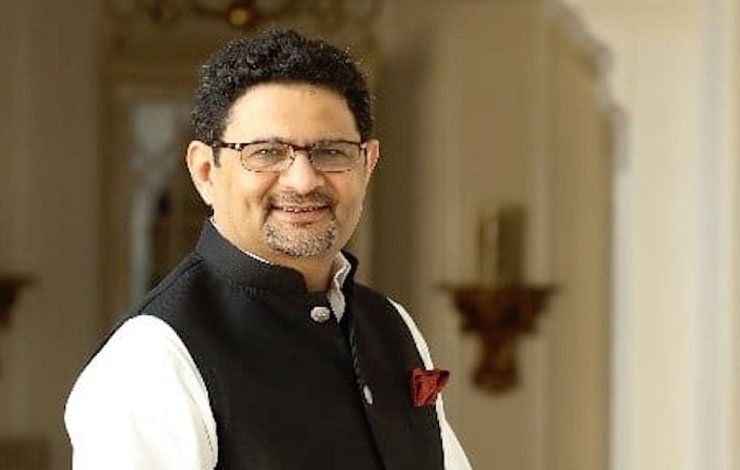Pakistan Muslim League-N leader Miftah Ismail received a strong reaction when he compared the petrol prices in Pakistan with the US from Sweden’s leading investor and businessman Mattias Martinsson.
The foreign investor gave a befitting reply to the former finance minister.
Miftah Ismail shared a message on social networking site twitter and wrote: “Petrol price in the US is $3.36/gallon or $.89/litre or Rs 150.7/litre. PTI’s youthful overseas supporters are right, petrol is more expensive in US than Pak by 3%. Per capita income in US is 4000% higher than Pak. That’s why overseas desis praise PTI.”
Petrol price in US is $3.36/gallon or $.89/litre or Rs 150.7/litre. PTI’s youthful overseas supporters are right, petrol is more expensive in US than Pak by 3%. Per capita income in US is 4000% higher than Pak. That’s why overseas desis praise PTI from afar but never come back. https://t.co/COycj6sQLZ
— Miftah Ismail (@MiftahIsmail) November 7, 2021
Responding to Miftah Ismail’s tweet, Matthias Martinsson, the founder and chief investment officer of Sweden’s famous company Tundra Fonder, wrote that one of the sad features of politicians they feel that they can lie to support their agenda.
One of the sad features of today is politicians feeling they can lie to support their agenda. The price difference as of Nov 5 was 14% lower in Pak, despite US having one of the lowest taxes in the world. But the big lie is ignoring the cause of generally higher prices. 👎 https://t.co/mDruoNLRas
— Mattias Martinsson (@Tundra_CIO) November 8, 2021
He further wrote: “The price difference as of Nov 5 was 14% lower in Pak, despite US having one of the lowest taxes in the world. But the big lie is ignoring the cause of generally higher prices.”
Also Read:
Will opposition be able to give tough time to govt on TTP, TLP issue?
Indian journalist declared Chief Justice Gulzar Ahmed an ideal personality
He wrote that this is not an attack on Miftah. He’s far from alone. Politicians in general really need to step up and move their agendas to constructive suggestions and criticism, for the benefit of the people.
He added that a reform we always felt made sense, but which needs to be done during a period of low energy prices, is to set locally produced oil and gas prices at the import substitution level (incl freight). That would maximize local production and minimize import needs, he added.

